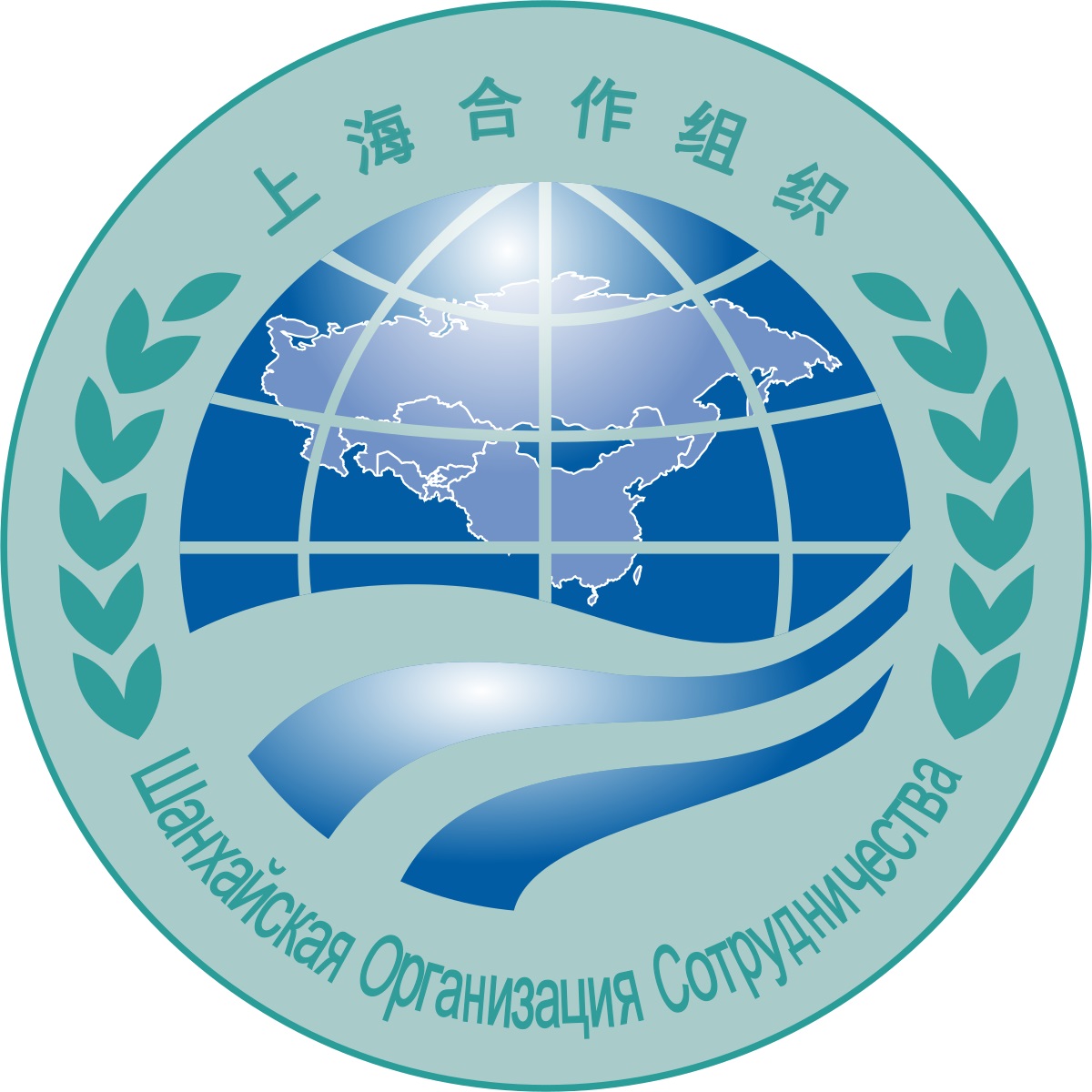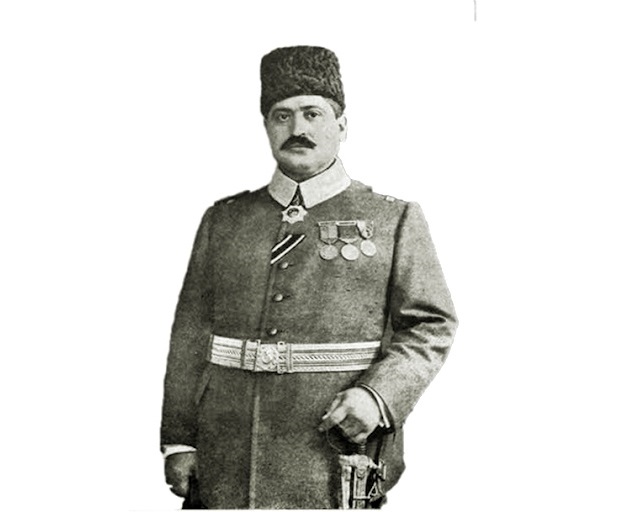Numan HAZAR
Ambassador (R)
Turkey’s Representative and Chairman of the
ECO Eminent Persons Group
The Economic Cooperation Organization (ECO) is an important international institution. There exists thoughts to the effect that it was not able, up to now, to carry out fully its functions in order to meet all expectations. The reason why they think this way is arisen from the view that this organizaton could have realized major initiatives because of its great potentialities. For that reason, all member states share in principle, the thought that there is a need to spend more efforts in this direction. Nevertheless, we have to admit that there are certain difficulties on this way.
First, it is necessary to mention various stages of development of the ECO. The Organization of Regional Cooperation for Development or with its acronym the RCD was founded in 1964 by Iran, Pakistan and Turkey, with the aim of promoting economic integration and technical and cultural cooperation among member states, in order to raise their living standards and to conribute to their efforts of economic development. As a matter of fact, the RCD was successful in realizing several economic, technical and cultural projects.
In a bipolar world and in the conditions of cold war prevailing at that time, the West which attached importance to the economic development of these three countries , also taking into consideration strategic significance of the region, supported the approach of cooperation and integration aimed by the RCD.
In 1979 after the Islamic Revolution in Iran all activities of the Organization were suspended. In 1980, the RCD was dissolved. Nevertheless, founding members of the RCD, aware of the fact that the RCD was a significant organization on the way of economic integration and regional cooperation, they decided to reactivate it. While doing so they changed the name of the organization as Economic Cooperation Organization (ECO). To that effect, in 1990 during the extraordinary meeting of the Foreign Ministers of the three founding members held in Islamabad, an Amendment Protocol to the Original Izmir Treaty was signed.
After this development and following the events occurred with the end of the Soviet Union leading to the independence of 15 new states, the ECO was enlarged with newly independent states with which there was a close cultural affinity and historical ties of the founding members of the ECO. These new members were Afghanistan, Azerbaijan, Kazakhstan, Kyrgzystan, Tajikistan, Turkmenistan and Uzbekistan. Thus, the number of the ECO member states reached 10.
Again, I would like to emphasize that there is a significant characteristic of the ECO : The historical and cultural affinity.
At this point, we can explain why the ECO is an important structure:
-The ECO comprises a vast area of 8 million kilometer square with a population of 450 million people. It is geographically a vast a area , but also a contiguous territory.
-In addition to human resources, it is a region rich in natural resources. It is sufficient only to remind the existing oil and natural gas reserves.
-The ECO region, is located at the center of the heartland which constitutes the most striking part of the World Island ( Europe-Asia-Africa ) and it has a great strategic value, as put forth by the theorist of strategy Sir Halford MacKinder within the context of his view to dominate the World through the domination of the lands. As a matter of fact, throughout history it was an area of competition for big powers.
-The ECO also symbolizes a region functioning like a bridge between East and West, Europe and Asia.
-There is the possibility to have access to the Indian Ocean, the Persian Gulf, the Mediterranean Sea and the Black Sea.
-Another important peculiarity of the ECO is the close distance to big powers such as the European Union, Russia and China.
-There are highways, maritime routes and railways linking one country to another.
-Most important than all these, there is a historical and cultural affinity among member states. As far as this particularity of the ECO is concerned, it is possible to compare it with the European Union. This particularity of the ECO has drawn even the attention of Samuel P.Huntington who put forward the thesis of the clash of civilizations. When he was explaining that the countries with similar cultures were also chosing the option of economic integration, he mentioned the ECO as an example. As a matter of fact, despite linguistic differences, there exists thousands of common words in the region.
All these elements underline that the ECO is in possession of a significant infrastructure and important potential to have a successful performance.
At this point, I want to emphasize that the ECO is a technical organization. With this aspect, it is different from the European Union. As is known, the European Union had the purpose to reach, at the final stage, political union through economic integration at the beginning. Nevertheless, this particularity of the ECO does not constitute an obstacle for an exchange of view on actual or global political problems during summit meetings or meetings of the council of ministers. To the contrary, an opportunity is created for such a consultation mechanism.
Several measures have been adopted by the ECO in order to strenghten integration and to increase trade among member states. Several projects were realized for developing transports and communications. ECO Trade Agreement, Transit Transport Framework Agreement and several other agreements and establishment of ECO Bank could be cited as examples.
Despite all these efforts and positive elements, there exists for ECO several issues. To give an example, there has always been an ambition to increase intra-trade . In 2005, intra-trade of the ECO region was 6% and in 2010 it increased to7%. This state of affairs could be characterized as a failure. In 2015 Vision Document prepared by the independent experts of member countries, the goal of intra-trade for the year of 2015 was indicated as 20%. When we take into consideration the fact that intra-trade of the European Union is 65% we can see a low performance from the point of view of the ECO’s success. Undoubtedly, it will be useful to eliminate all existing obstacles in this area. Nevertheless, in the first place, it is important that all member countries sign ECO Trade Agreement and implement it.
On the other hand, there exists also several structural or institutional difficulties which constitute obstacles which prevent the ECO to become a well functioning international organization.
As far as Turkey is concerned, the Turkish Government attaches importance to a well functioning, efficient and dynamic ECO. According to the Turkish view a successful and active ECO would best serve the interests of all the member states. In the light of this evaluation, during the ECO Summit Meeting held in Istanbul in 2010 where Turkey assumed the task of Chairman in Office of the Organization, President Abdullah Gül, proposed the establisment of an Eminent Persons Group ( EPG) to provide recommendations to enhance the dynamism, efficiency and visibility of the Organization. This proposal was included in the Final Declaration of the Summit Meeting.
Eminent Persons Group (EPG) was established in the middle of 2011 and it started its works towards the end of the year. This EPG is the Third EPG created, up to now, by the ECO. The Second EPG prepared 2015 Vision Document for the ECO and proposed a host of measures in this context. This Document was approved by the Council of Ministers in 2005.
The Third EPG continued intensively its activities in 2012. According to its terms of reference, the EPG, was given the task to examine all documents and the 2015 Vision Document in order to propose amendments to basic agreements, to interview the staff of the Secretariat, Specialized Agencies and Regional Institutions in order to submit its recommendations contained in a Report to the Council of Ministers. The EPG would be, if need be, in contact with the Council of Permanent Representatives ( CPR ) composed of the Ambassadors of member countries in Tehran. The Secretariat would be providing facilities and services for EPG meetings for its well functioning.
The EPG completed its functioning in 2012 and the Chairman of the EPG presented its Report to the Council of Ministers in October 2012 on the Occasion of the ECO Summit Meeting held in October 2012 in Baku, Azerbaijan.
The EPG Report which contained in detail several recommendations including the strengthening of the Secretariat, selection of the staff on the basis of merit, increasing the budget, amending decision-making mechanism which created some difficulties in the past for well functioning and success of the Organization.
Turkey did not only propose the establishment of the EPG, but also provided the necessary financing.
The submission of the EPG Report at this time has a particular significance, since 2015 ECO Vision Document prepared by the Second EPG would be revised and a new Vision Document for the next Decade 2016-2025 is to be worked out. In this regard, the EPG Report is very much timely as a guide. The results of the works of EPG, as of 2013, will furnish basic elements of a new Vision Document. This new document is also expected to be prepared by an EPG .
As it is referred to in the decisions of the Council of Ministers regarding the EPG Report , the Ministers, asked the Secretary General to prepare a roadmap for its implementation and to submit it to the Council of Permanent Representatives.
The EPG Report also suggested the reconvening of the EPG, 6 months after the approval of the EPG Report for a follow-up and assessment report of the implementation.
On the other hand, the EPG, proposed in its Report, the organization of national conferences in each member state with the participation of government and private sectors representatives, members of the media, think tanks and academicians. In these conferences, views, assessments and expectations of the member countries would be presented . The results of these conferences would be reviewed in a meeting of the EPG at the end of the 2013 at the headquarters of the Organization in Tehran. This evaluation will be considered in the preparation of the new ECO Vision Document.
Nevertheles, all members states should have a high level political will in order to adopt necessary dispositions aimed at ensuring the ECO to become a well functioning international organization. This is also emphasized by the EPG Report .
In the Millenium Goals of the World Summit held in 2005, a special importance is attached to regional organizations. This is something that may encourage all member countries to demonstrate the necessary political will aimed at realizing a well functioning ECO.
Nevertheless, we have to underline the fact that an active and well functioning ECO is in line with Turkey’s political interests. I also believe that all member countries share the view that the ECO will serve their own national interests.
© 2009-2025 Avrasya İncelemeleri Merkezi (AVİM) Tüm Hakları Saklıdır
Henüz Yorum Yapılmamış.
-
MEETING OF ECO (ECONOMIC COOPERATION ORGANIZATION) COUNCIL OF MINISTERS
Numan HAZAR 01.02.2013 -
THE IMPORTANCE OF THE ECONOMIC COOPERATION ORGANIZATION (ECO)
Numan HAZAR 15.01.2013 -
MEETING OF ECO ( ECONOMIC COOPERATION ORGANIZATION ) COUNCIL OF MINISTERS
Numan HAZAR 01.12.2013 -
THE IMPORTANCE OF THE ECONOMIC COOPERATION ORGANIZATION (ECO)
Numan HAZAR 15.01.2013 -
MEETING OF ECO (ECONOMIC COOPERATION ORGANIZATION) COUNCIL OF MINISTERS
Numan HAZAR 18.03.2016
-
 ŞANGHAY İŞBİRLİĞİ ÖRGÜTÜ’NÜN 20 YILDÖNÜMÜ: GÜNCEL BİR DEĞERLENDİRME - AYÜ AVRASYA ARAŞTIRMA ENSTITÜSÜ - 20.09.2021
ŞANGHAY İŞBİRLİĞİ ÖRGÜTÜ’NÜN 20 YILDÖNÜMÜ: GÜNCEL BİR DEĞERLENDİRME - AYÜ AVRASYA ARAŞTIRMA ENSTITÜSÜ - 20.09.2021
Albina MURATBEKOVA 07.10.2021 -
 KOMEDYEN CUMHURBAŞKANI VE UKRAYNA'NIN GELECEĞI – SÖYLEDİK.COM – 24.04.2019
KOMEDYEN CUMHURBAŞKANI VE UKRAYNA'NIN GELECEĞI – SÖYLEDİK.COM – 24.04.2019
Deniz BERKTAY 24.04.2019 -
AMAL AND THE ARMENIANS: THE POWER TO ATTRACT
Tal BUENOS 16.09.2015 -
 AVUSTURYA'NIN İLHAKI'NIN 80. YILDÖNÜMÜ: AŞIRI-SAĞ YÜKSELİRKEN AVRUPA DEĞERLERİNİN ÇİĞNENMESİ - DAILY SABAH - 04.04.2018
AVUSTURYA'NIN İLHAKI'NIN 80. YILDÖNÜMÜ: AŞIRI-SAĞ YÜKSELİRKEN AVRUPA DEĞERLERİNİN ÇİĞNENMESİ - DAILY SABAH - 04.04.2018
Teoman Ertuğrul TULUN 17.04.2018 -
 THE TALAAT PASHA QUESTION - DRPATWALSH.COM - 13.06.2020
THE TALAAT PASHA QUESTION - DRPATWALSH.COM - 13.06.2020
Pat WALSH 16.06.2020


